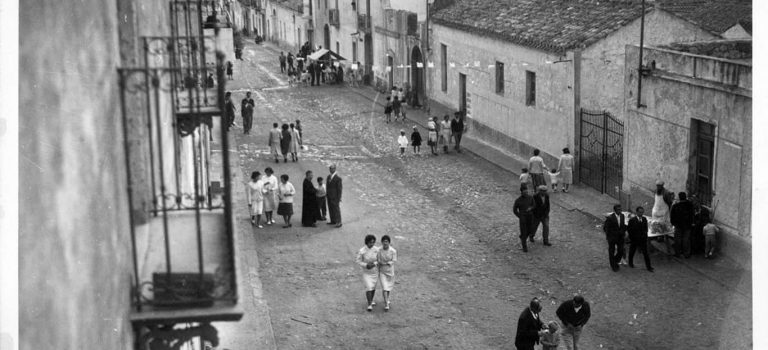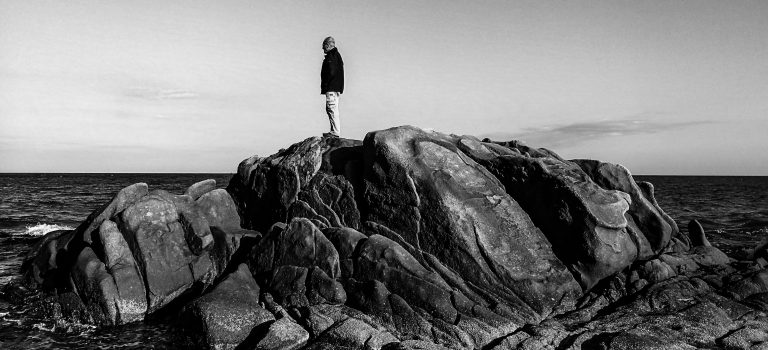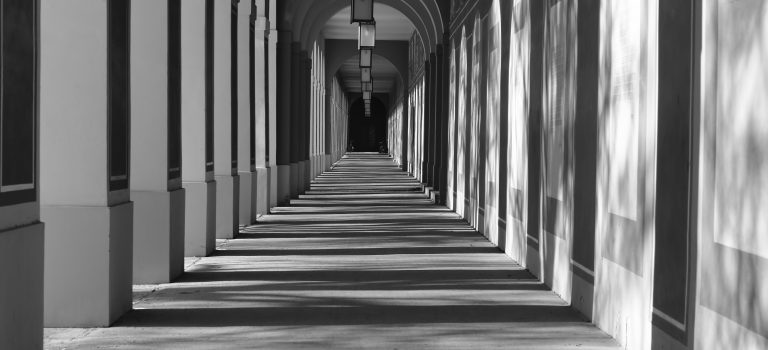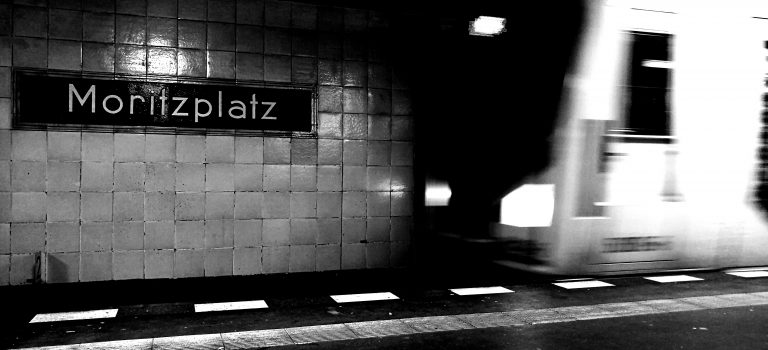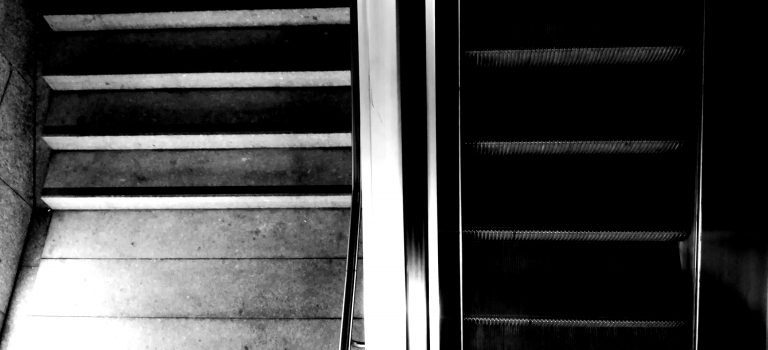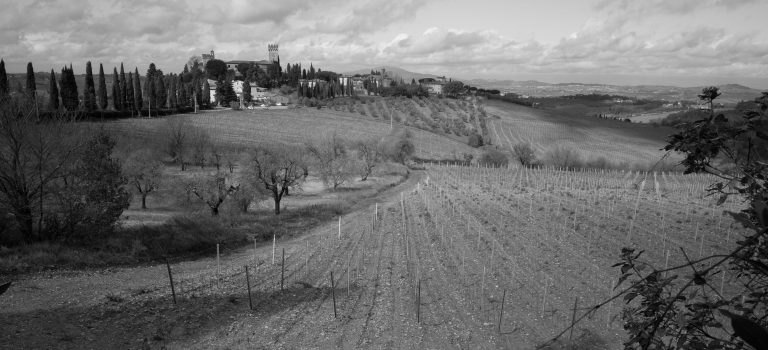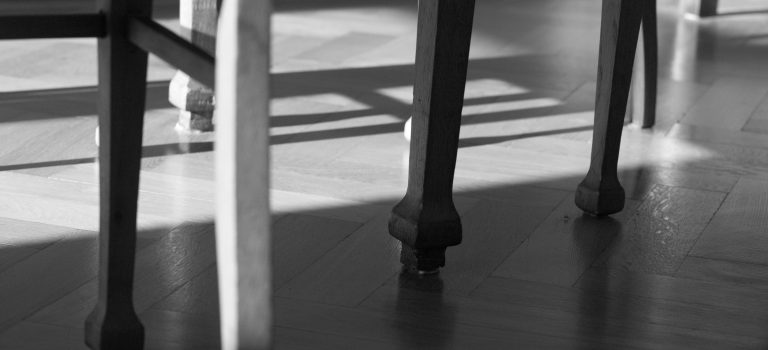Since 1972 we come as tourists to this small village in Sardinia. Every year, sometimes twices. I even worked here for two seasons. In 1989 at the bar of one of the restaurants. This is where I learned Italian and made friendships for life. One year later I had the best job ever – I was renting bicycles to tourists, sitting virtually the whole day in the sun, reading newspapers or books and waiting for tourists to sign a small contract, joking with them in different languages. Good times!
In those two long summers I got to know the people and the culture here quite well and I saw the growth since then. But also my father observed how things changed. Until the 60ties main income was based on mixed farming. Then tourists from “the continent” (how the islanders call their fellow citizens from Italy) as well as from Germany, Switzerland, France and other countries arrived and changed the live of the around 3000 inhabitants. The entire village was catapulted from a simple and archaic culture with ancient traditions into a modern, globalized and complicated world – in only four decades. High speed. What did this do with the people here? How did they manage to stay humble and build a sustainable tourism without committing the mistakes so many other touristic places and coasts in Europe did? Big questions I try to find answers to by interviewing people, taking pictures and also collecting pictures from the last four decades. The one you see above is said to be from the 1950ies.
Based on this material I want to write a book and dedicate it to the wonderful people of this small paradise on earth. Now in my sabbatical I finally have time for this project. By the way, I am not the first German writing a book about the village: the other one is much more famous in Germany, Ernst Jünger. He wrote “Am Sarazenenturm”, (in Italian: “Terra Sarda”) in 1954. The book was published one year later, the year electricity arrived in all households. Jünger was forecasting that progress and modernity would destroy this idyllic life and I want to find out if he was right with his premonition…
(c) The holder of the copyright of the picture above from the 1950s is unknown.
